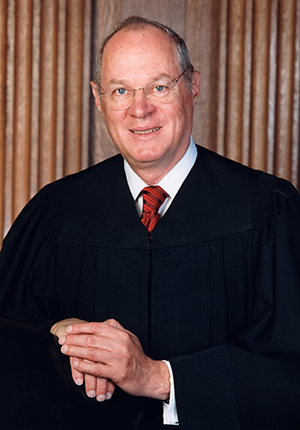Summary
This case explores one of the most debated areas of constitutional law under the First Amendment’s Free Exercise Clause—the potential conflict between First Amendment protections and antidiscrimination laws. A same-sex couple wanted a cakeshop to design their wedding cake, but the owner refused due to his faith. The couple sued under the state’s anti-discrimination law and won. The baker appealed the state civil rights commission’s ruling. He argued that the ruling violated his First Amendment rights by compelling him to make a cake that conflicted with his religious beliefs. In a 7-2 decision, the Supreme Court reversed the state civil rights commission’s ruling and concluded that the state commission, during its proceedings, appeared to express hostility towards the baker because of his religious beliefs. On this view, the commission’s approach represented a form of religious discrimination that violated the First Amendment’s Free Exercise Clause. In the process, the Supreme Court declined to rule on the broader constitutional issue of how to address situations in which First Amendment protections conflict with civil rights protections.






